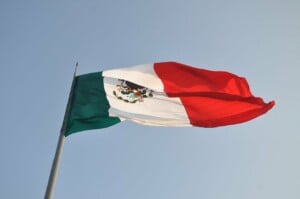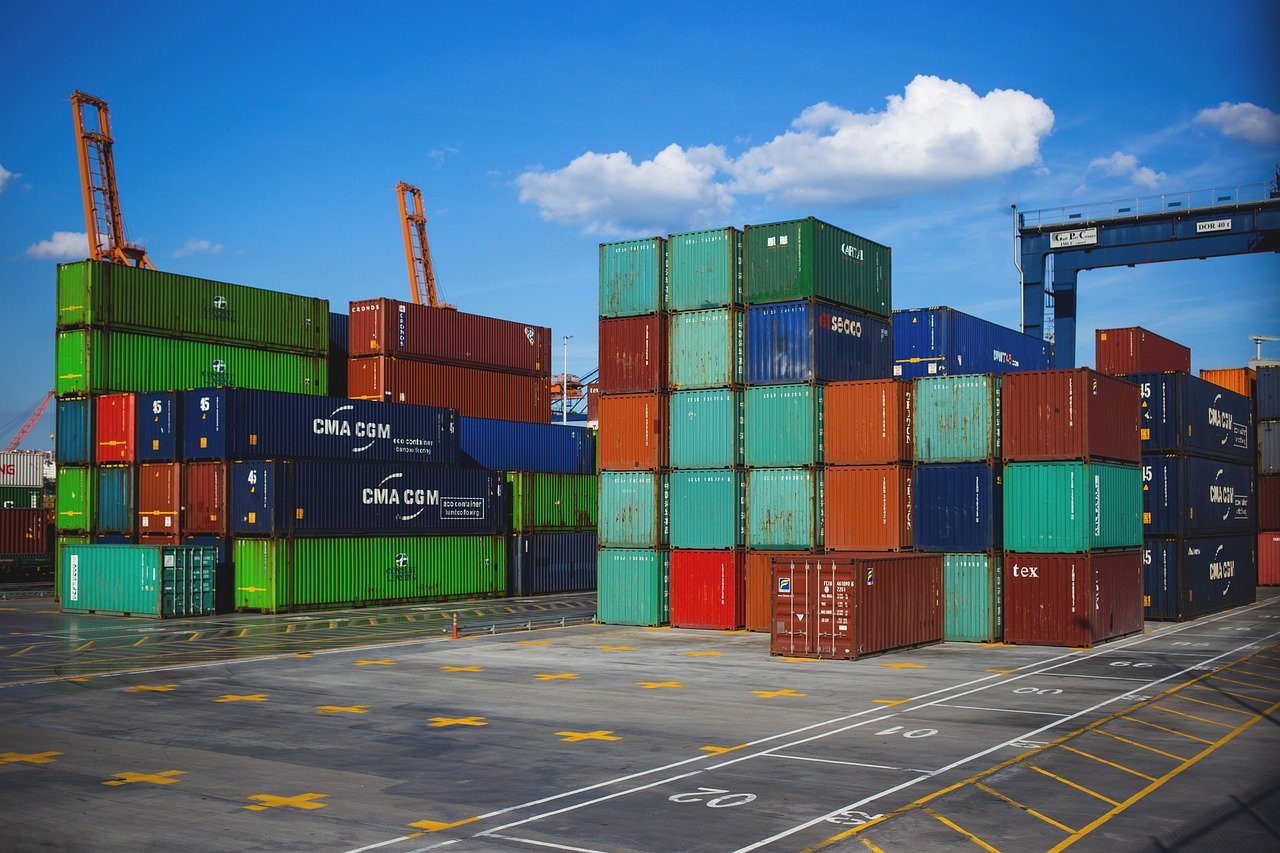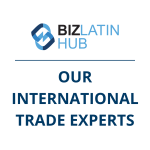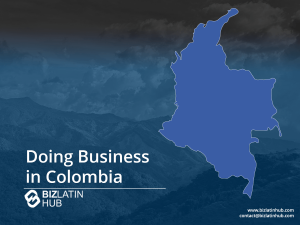Guatemala is bolstered by free trade agreements with the United States, the European Union and other Central American countries.
The diverse country is blessed by its strategic location, representing a natural bridge between North and South America. In addition, the country takes advantage of being located in the Eastern Standard Time (EST) zone, which is congruent with key hubs of the lucrative North American market. Guatemala, therefore, meets the best preconditions for conducting trade and other economic activities with the United States, and other key players in the global market.
We outline the most significant free trade agreements in Guatemala.
Guatemalan Free Trade Agreements

Taiwan-Guatemala free trade agreement
The free trade agreement between Guatemala and Taiwan, enforced in 2006, is primarily based on the extension of free tariff treatments of agricultural exports. As part of that, Guatemala exports US$40 million in products to Taiwan and imports US$90 million.
The main exports from Guatemala are sugar and coffee. In return, Taiwanese exports to Guatemala include tobacco, seafood (shrimps and lobsters), copper articles, plastic materials, and some other.
Furthermore, the free trade agreement allows business people from Taiwan to invest in Guatemala and to extend their business operations to the United States and other countries in Central America. The latter is possible, as Guatemala is also a member of the Central American Free Trade Agreement.
The Northern Triangle
The northern triangle of Central America creates a unified customs union to facilitate travel, trade and investment in the region. Member states of this area are Guatemala, Honduras, and El Salvador.
This integrated economic bloc promotes the free movement of people and goods between the three countries and aims to increase trade opportunities, improve regional security and facilitate favorable conditions for tourism. The three countries form an area of more than 77,000 square miles and represent approximately 60% of the Central American population.
The first agreement between Honduras and Guatemala was established in June 2017. Since the implementation of the program, the countries have recorded a growth in the gross domestic product (GDP) of 1.4% and 1.2% respectively. With the inclusion of El Salvador in August 2018, the three countries now expect to generate US$117 million in economic benefits across the region in terms of trade benefits.
Government officials confirmed that this new centre will significantly reduce the length of time at customs, creating a more competitive region for producers and buyers who invest in Central America. With the completion of the Omoa Highway, which stretches north from Honduras to Guatemala, the transportation options for goods and people in Central America will continue to improve.

Strong Mexico-Guatemala trade relations
The free trade agreement between Mexico and Guatemala is regulated by the Northern Triangle Free Trade Agreement. The in 2001 enforced agreement covers Mexico, Costa Rica, Nicaragua, and the Northern Triangle (Guatemala, El Salvador, Honduras).
The main objective of this agreement is to establish a free trade zone for all member states.
The objectives of the agreement between Mexico and the Northern Triangle are:
- the establishment of shared rules and regulations to improve the flow of trade
- to boost foreign direct investment
- enhance international trade in services
- simplify procedures of intellectual property rights (trademarks, copyrights, etc.)
- dispute resolution
Mexico is one of Guatemala’s top import and export destinations. Guatemala exports an average of US$509 million of goods to Mexico. Guatemala’s imports from Mexico are worth US$1.63 billion, which is almost 12% of Guatemala’s total imports. Imported products are mainly medicines, electric energy, electronics and iron products. In return, Guatemala exports bananas, sugar and textiles.

Colombia-Guatemala free trade
In 2006, Colombia initiated negotiations towards a free trade agreement with the Northern Triangle countries. In 2009, Guatemala was the first country to agree on free trade with Colombia. As close neighbours, Colombia represents an attractive market for Guatemalan exporters. The developing country is the third-largest economy in Latin America, and houses a swelling middle class that appear to be seeking variety in the products available to them.
Guatemala and the European Free Trade Association
Guatemala signed the free trade agreement with the European Free Trade Association in 2015. This agreement aims to enhance economic ties and promote trade and investment between the EFTA states (Iceland, Lichtenstein, Norway and Switzerland) and Guatemala.
This gives Guatemala significant international reach and incentives to trade abroad, offering new options and alternatives to these markets. Exporters should consider the advantages available to them as traders based in Guatemala.
How to benefit from Guatemala’s free trade agreements
Signing free trade agreements with one or more countries brings many economic benefits for the member states and the business operating within them. Primarily, the goal of free trade agreements is to remove trade barriers and therefore to offer new incentives for trades in order to boost international trade activities, such as import and export. This comes usually with tax advantages, simplified customs regulations, and others for both businesses and customers.
A diversified trade portfolio in Guatemala means that exporting and importing businesses have access to varied markets offering a variety of goods and different consumer preferences. Find your niche in one of Guatemala’s free trade partners and support your expansion in Latin America and further abroad.
Take advantage of free trade agreements in Guatemala
Investing in Guatemala has never been more attractive. The Guatemalan government supports foreign businesses by implementing various projects and economic activities. The country’s free trade agreements facilitate successful business operations in Guatemala.
Biz Latin Hub has an international and multilingual team, operating in more than 16 countries in Latin America and the South Pacific. Our expert corporate and trade law specialists and accountants provide tailor-made solutions in trading, market entry, and back-office support.
Our vast experience and wide range of backup services ensure quality work when supporting you with legal services, visa procedures, PEO, recruitment and hiring, payroll management, accounting and taxations, and others.
Get in touch with us now to start your investment in Guatemala.
Learn more about our team and expert authors.




